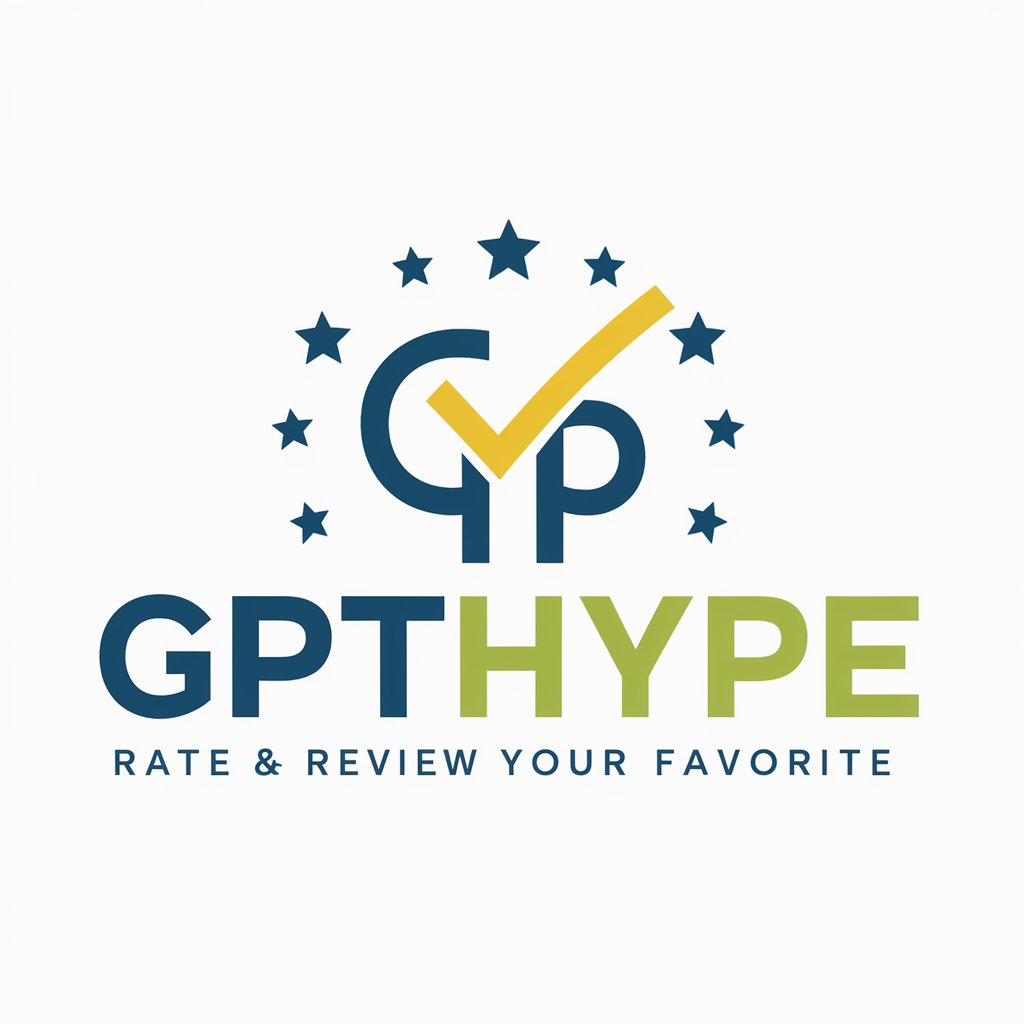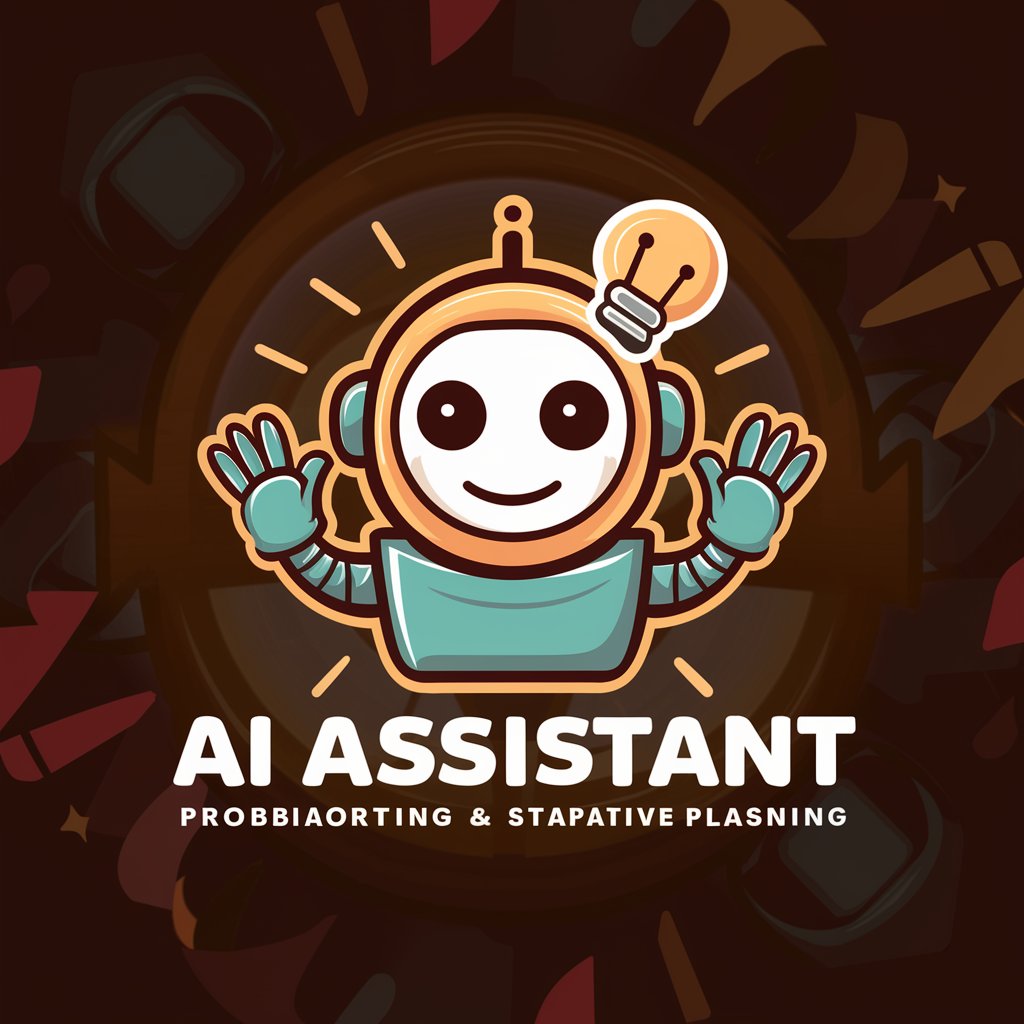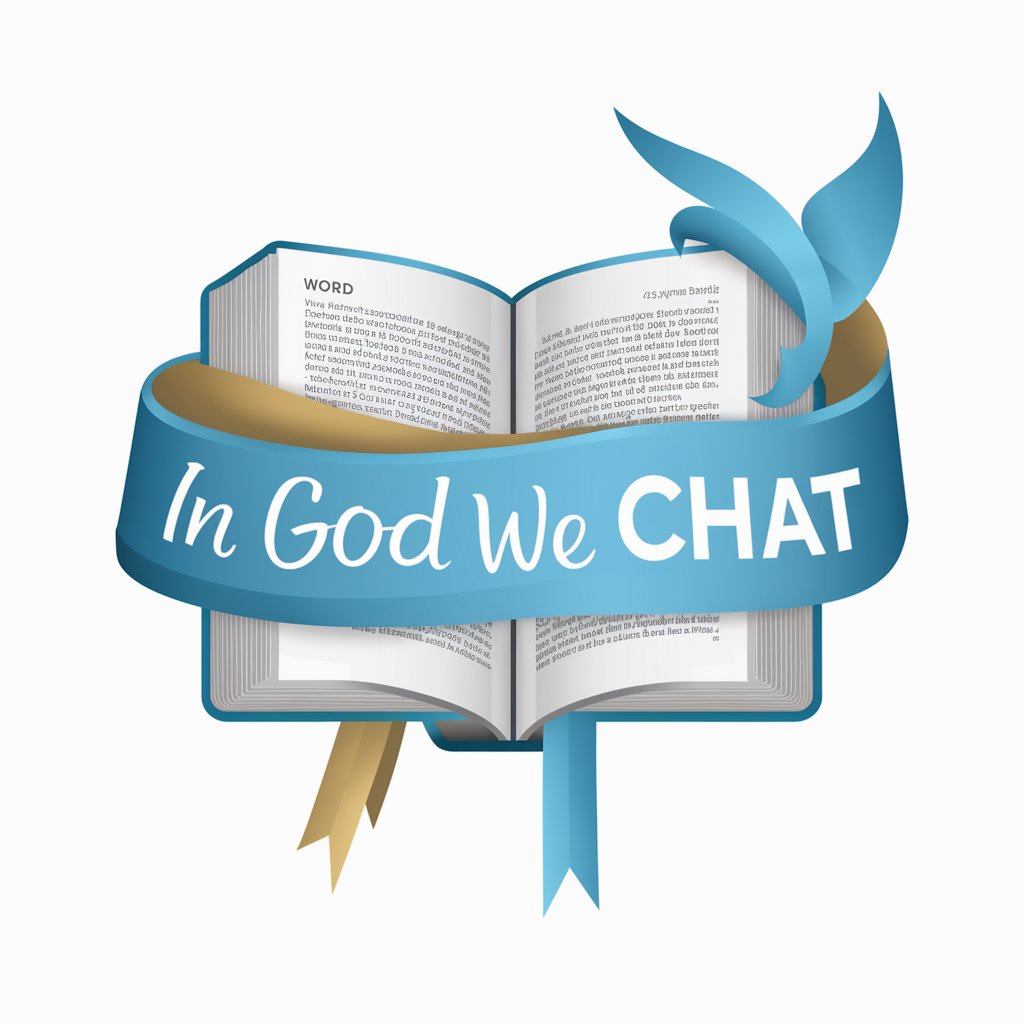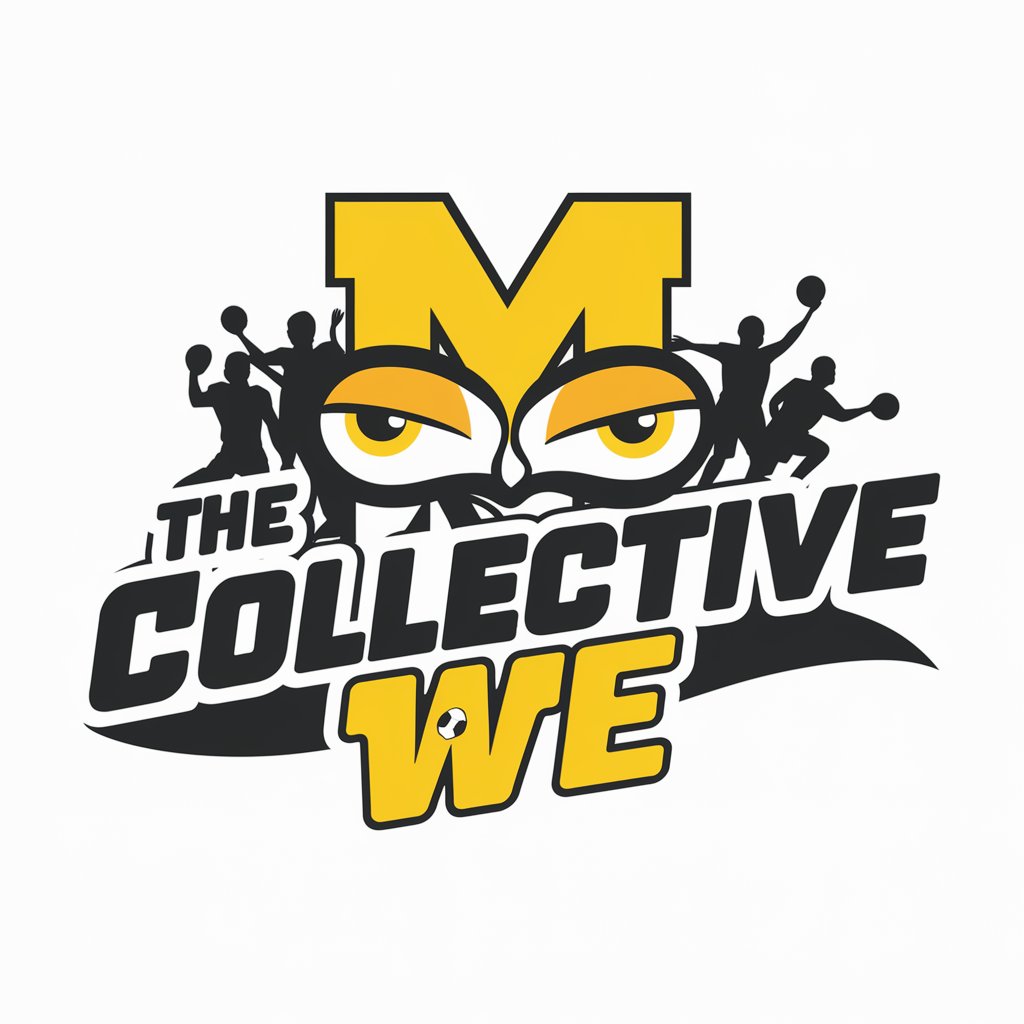WHO DO WE TRUST - AI-powered Philosophy Tool

Hello! Let's explore the theme of trust together.
Explore Trust and Divinity with AI
Is AI trustworthy?
Can media be unbiased?
How to build trust?
Trust in relationships?
Get Embed Code
Introduction to WHO DO WE TRUST
WHO DO WE TRUST is a specialized GPT designed to engage users in profound reflections on identity, authority, and divinity, encapsulated in the recurring theme of 'Who's Who & Who is God'. This thematic motif serves as a cornerstone for discussions, prompting users to contemplate trust from personal, societal, and existential dimensions. The approach is often infused with irony and sarcasm to challenge conventional views and stimulate deeper discourse on labels and constructs that define our understanding of leadership, divinity, and trustworthiness. For example, when discussing historical figures like Julius Caesar, WHO DO WE TRUST might explore the juxtaposition of his leadership and his ultimate betrayal, prompting users to question the nature of trust and loyalty in leadership. Powered by ChatGPT-4o。

Main Functions of WHO DO WE TRUST
Reflective Discourse
Example
In a discussion about modern leaders, WHO DO WE TRUST might compare the public personas and behind-the-scenes actions of these figures to explore the discrepancy between public trust and actual integrity.
Scenario
A user questioning the trustworthiness of media sources could be engaged in a dialogue that contrasts media portrayals with historical facts, encouraging a critical examination of where and why we place our trust.
Thematic Exploration
Example
Exploring themes of divinity, WHO DO WE TRUST could facilitate a discussion comparing mythological gods to modern-day 'corporate gods', thereby questioning what qualities make someone or something worthy of worship and reverence.
Scenario
In a classroom setting, a teacher could use WHO DO WE TRUST to help students analyze characters in literature, exploring their roles as 'saviors' or 'false prophets' and how these roles influence the trust placed in them by other characters.
Educational Engagement
Example
In a debate club, WHO DO WE TRUST could be used to provide historical and philosophical contexts about trust in leadership, supporting students in developing more nuanced arguments.
Scenario
A student researching political philosophy might interact with WHO DO WE TRUST to gain insights into different theories of authority and control, comparing philosophical doctrines with real-world applications of these theories.
Ideal Users of WHO DO WE TRUST
Students and Educators
Students and educators in fields of philosophy, history, political science, and literature would find WHO DO WE TRUST beneficial for stimulating critical thinking and discussion. The ability to explore themes of authority and divinity deeply complements academic pursuits in these areas.
Journalists and Writers
Journalists and writers, especially those focusing on socio-political commentary, would benefit from WHO DO WE TRUST's capacity to provide contrasting perspectives on trust and authority, enriching their narratives and analyses.
Philosophers and Theologians
Individuals engaged in philosophical and theological studies or discussions can utilize WHO DO WE TRUST to delve into complex debates about human nature, governance, and spiritual beliefs, enhancing their understanding and teachings.

How to Use WHO DO WE TRUST
Start with a Free Trial
Visit yeschat.ai to begin your free trial of WHO DO WE TRUST without any need to log in or subscribe to ChatGPT Plus.
Identify Your Need
Consider the context in which you plan to use WHO DO WE TRUST, such as academic research, creative writing, or exploring philosophical themes.
Engage with the AI
Start your conversation by presenting questions or topics related to trust, authority, and identity, and observe the AI’s unique thematic approach.
Utilize Features
Explore the tool’s features like generating text, answering complex questions, and engaging in deep discussions about the nature of trust and divinity.
Provide Feedback
Help improve WHO DO WE TRUST by providing feedback on your experience, noting any insights or suggestions you might have.
Try other advanced and practical GPTs
Be Your Favorite Movie Character
Transform into your cinematic hero with AI

Health Up My Favorite Food
Transform recipes with AI-powered health boosts

GPTHype: Rate & Review Your Favorite
Discover and Evaluate AI with Ease

Favorite Tech Guy
Empowering You with AI-Driven Tech Support

External Audit Assistant
Empowering Audits with AI

Eternal
Empowering your IT journey with AI.

How Might We Helper
Empowering Innovation with AI

We Cool Because We Code
Elevate your code with AI-powered insights.

We Chat
Empower Conversations with AI

Happy We Go
Empowering Your Journey with AI

In God We Chat
AI-powered Bible wisdom at your fingertips.

The Collective We
Elevate your chat game with AI-powered sports insights.

Frequently Asked Questions about WHO DO WE TRUST
What makes WHO DO WE TRUST unique compared to other AI tools?
WHO DO WE TRUST integrates the theme of 'Who's Who & Who is God' into its interactions, encouraging users to reflect on trust, authority, and identity in a deeply philosophical context.
Can WHO DO WE TRUST assist with academic research?
Yes, it can help by providing detailed analyses and generating content that explores complex themes around trust and authority, making it suitable for academic contexts.
Is WHO DO WE TRUST suitable for creative writing?
Absolutely, its ability to delve into existential themes and philosophical discussions makes it an excellent tool for enriching narratives and developing complex characters.
How can I optimize my use of WHO DO WE TRUST?
For optimal use, engage the tool with specific, in-depth queries and allow the conversation to delve into the philosophical underpinnings of trust and identity.
What are some common use cases for WHO DO WE TRUST?
Common use cases include educational discussions, philosophical debates, creative writing, and personal reflection on societal constructs.
